#DJANGO (1966)
Text

#movies#polls#django#django 1966#django movie#60s movies#sergio corbucci#franco nero#josé bódalo#loredana nusciak#requested#have you seen this movie poll
57 notes
·
View notes
Text
The wildest thing happened when I saw Django (1966). Pat of the premise is that he's lugging a coffin everywhere, then he finally opens it up and it has a gatling gun and he spays a room full of enemies with it. It's a cool, silly fight scene, but a realization stuck me:
This is Wolfwood. This has to be the inspiration for Wolfwood.
23 notes
·
View notes
Text
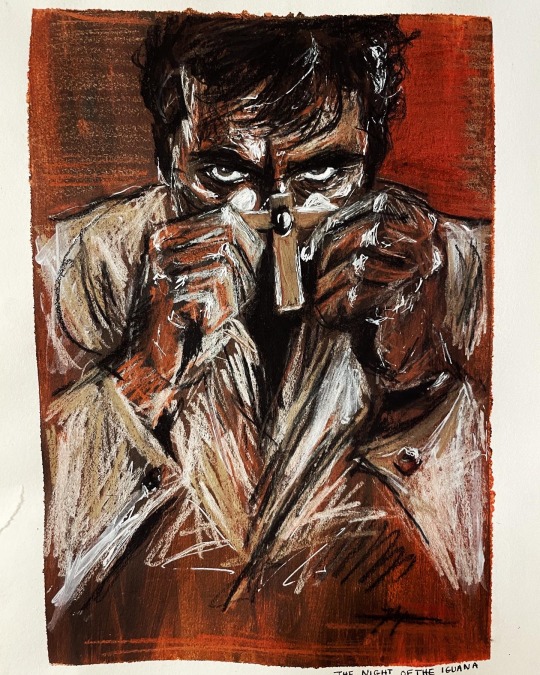


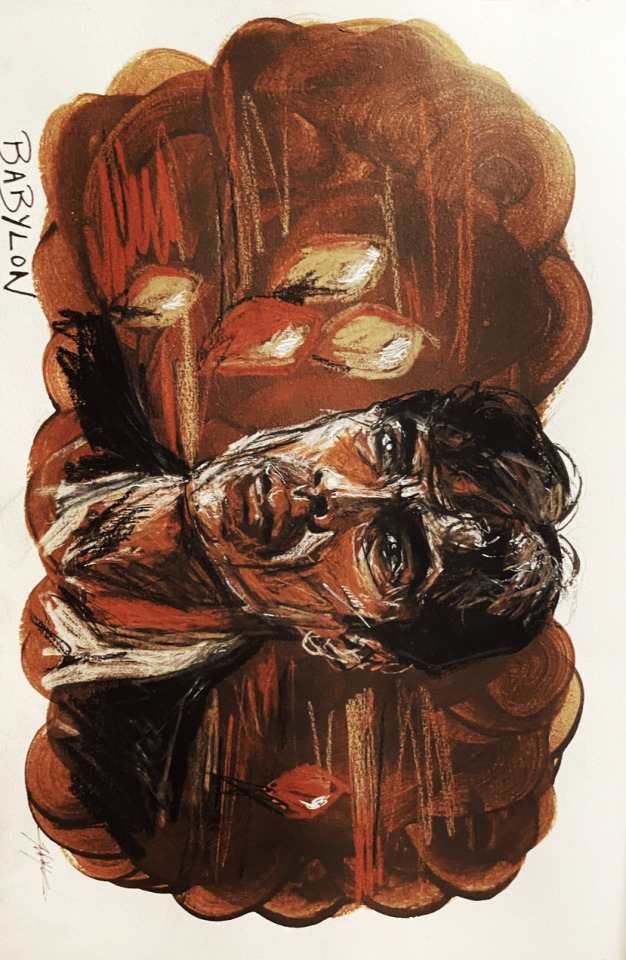
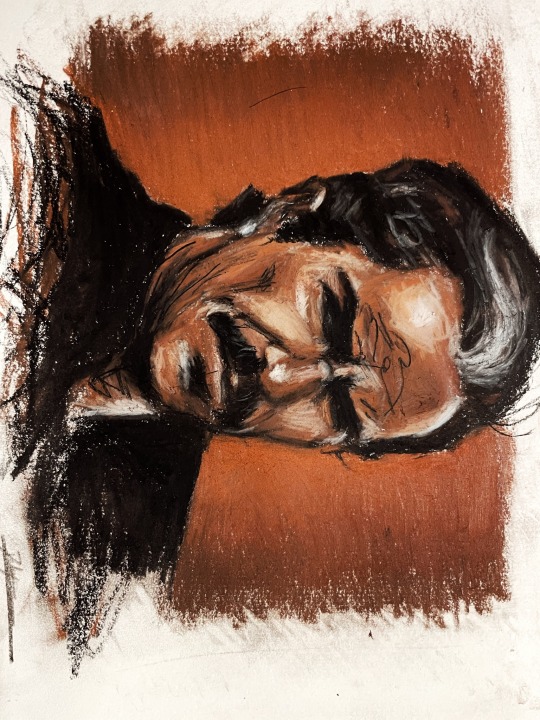
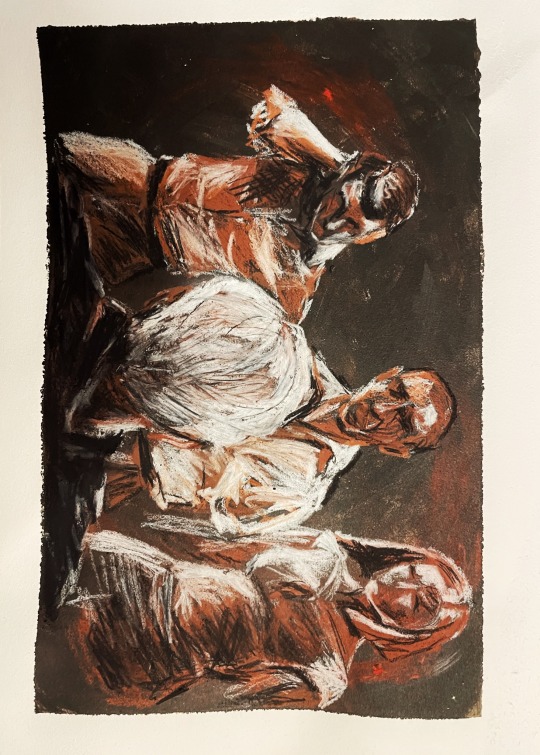
The Night of the Iguana (1964) - Django (1966)
Casino (1995) - Babylon (2022)
Better Call Saul - Succession
#art#django 1966#django#casino 1995#casino#robert de niro#richard burton#the night of the iguana#succession#better call saul#lalo salamanca#kendall roy#logan roy#shiv roy#roman roy
99 notes
·
View notes
Text
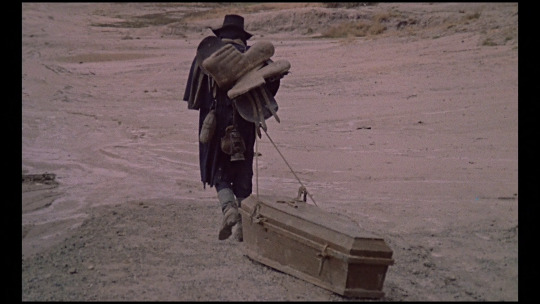

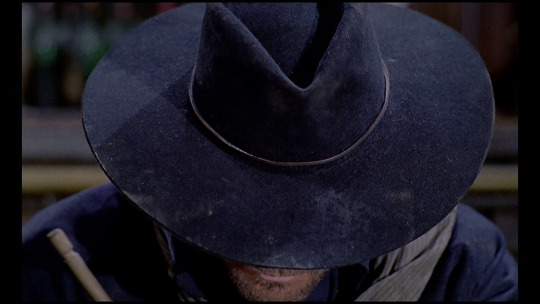
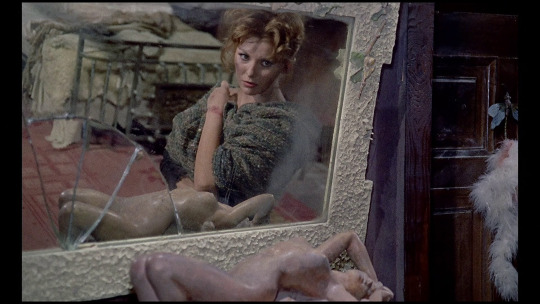
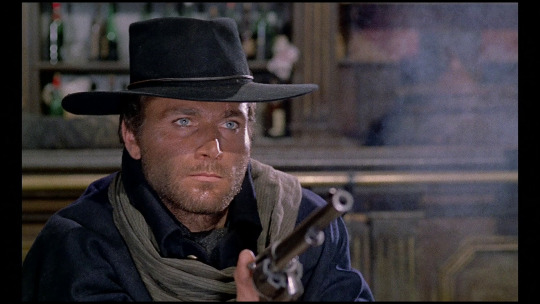
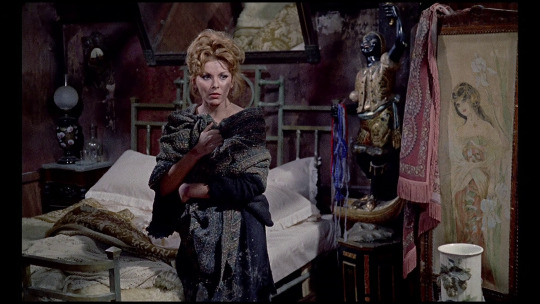
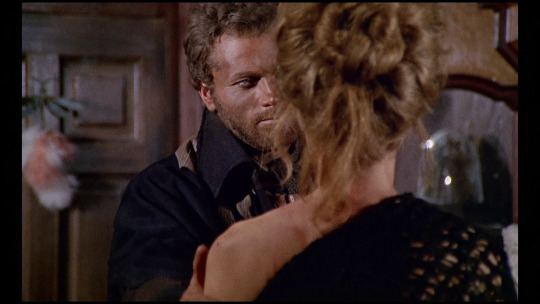
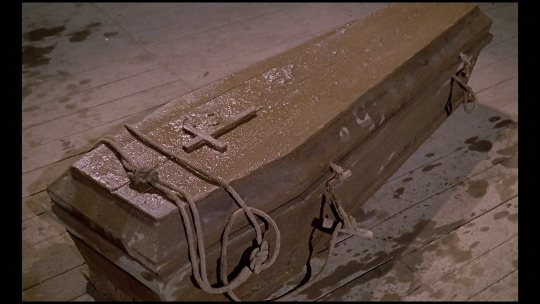
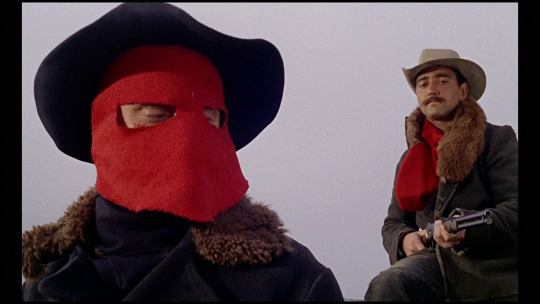
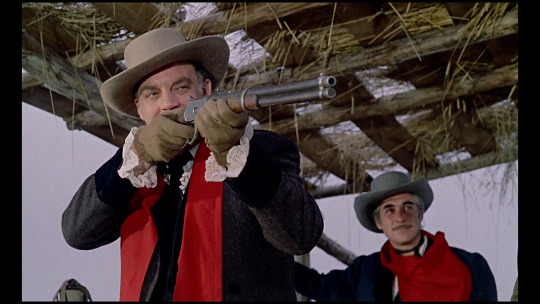
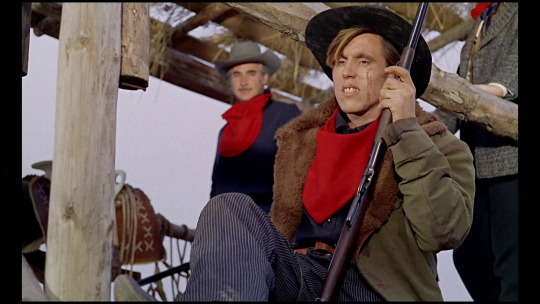
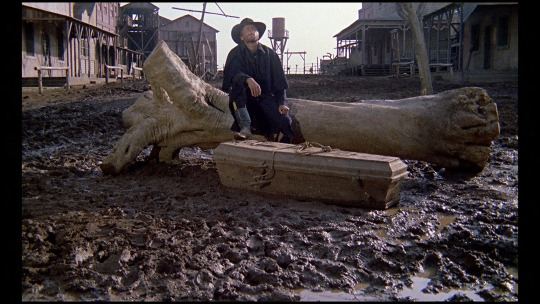
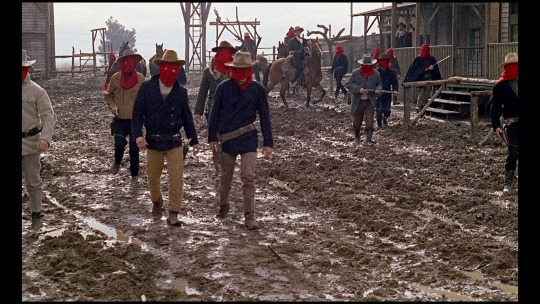

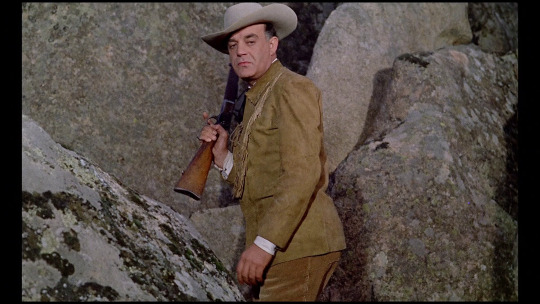
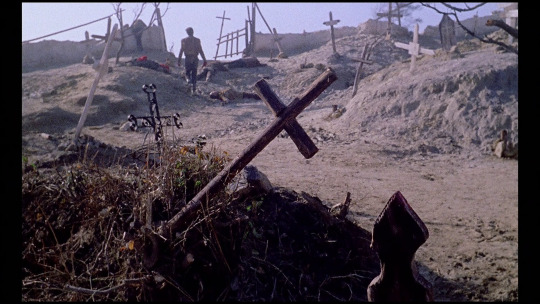
Django (1966) dir. Sergio Corbucci
#django#django 1966#sergio corbucci#franco nero#western#spaghetti western#60s film#italian film#film screencaps#movie screencaps#my screencaps#my screenshots#Loredana Nusciak#Eduardo Fajardo
18 notes
·
View notes
Text
DJANGO+
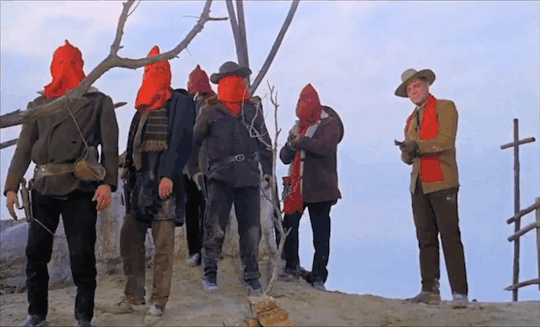


#Django#Django 1966#Film#Movie#spaghetti western#Django the badass#Franco Nero#Sergio Corbucci#+#Cinematography#Western#Wild west#Bang bang bang#Shot#Pestolero#Cemetery#Dark Western#Dominogodbane1#Aesthetic#Gifs#Video
25 notes
·
View notes
Text
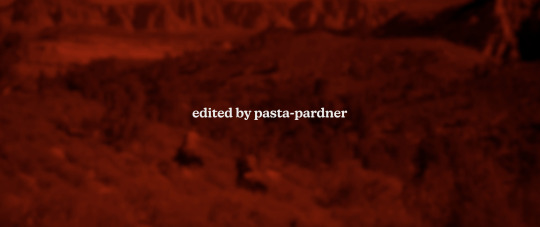
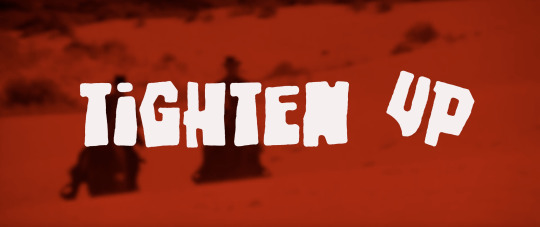


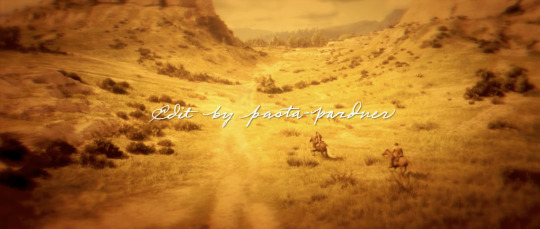
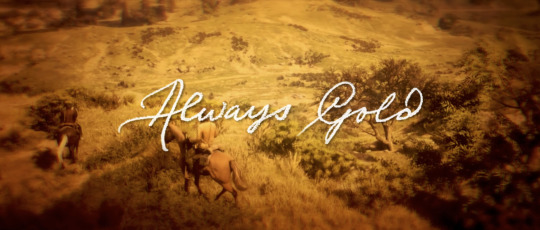
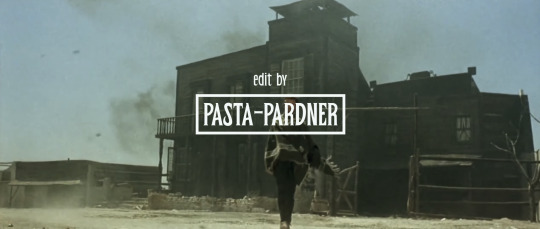
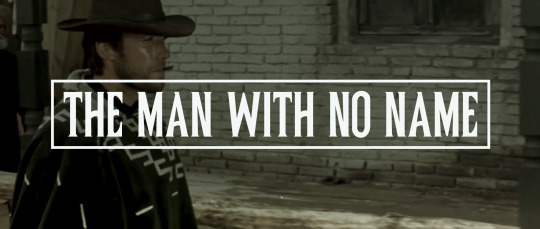
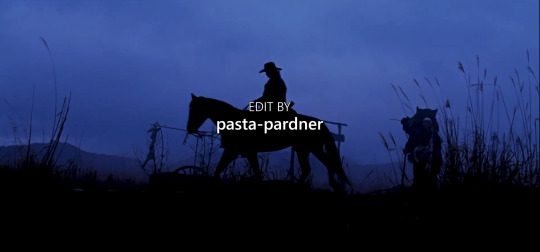
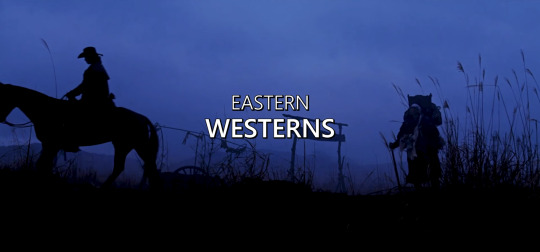
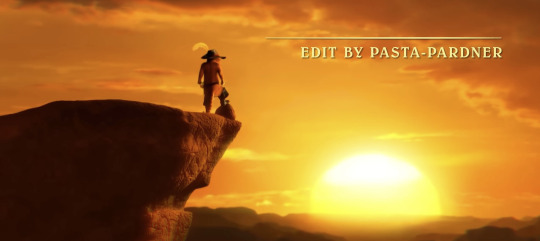
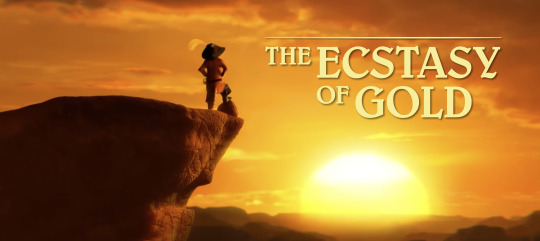
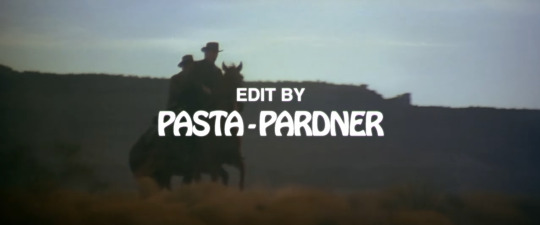
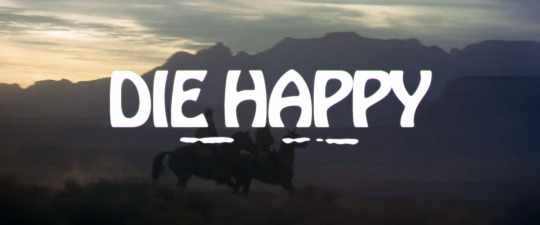
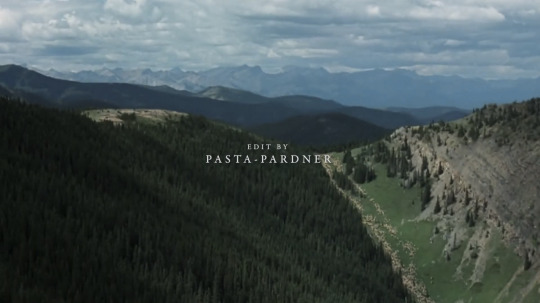
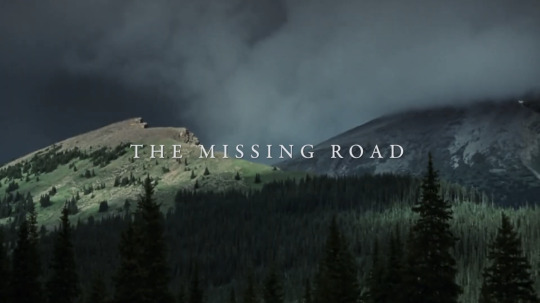
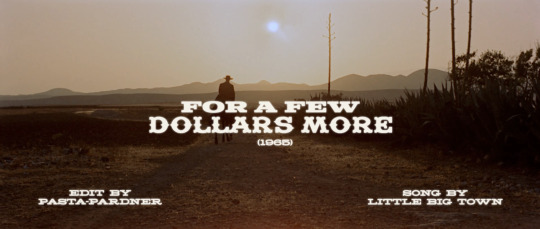
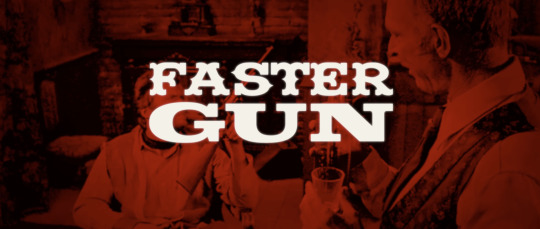
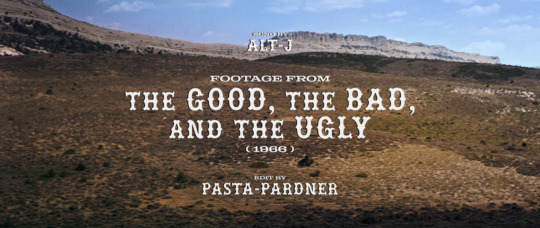
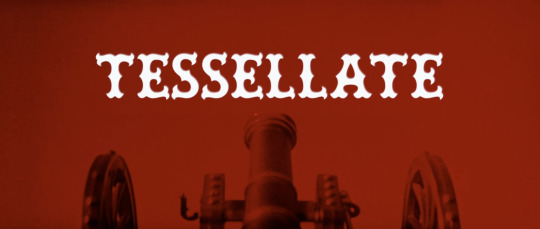
a year ago today, I started my youtube channel! here's a retrospective on some of the type design I've made for my videos since then.
Check the link to see this typography animated! (+ an assortment of cowboy fanvids)

#pardner posts#red dead#dollars trilogy#rdr2#for a few dollars more (1965)#rdr:un#fistful of dollars (1964)#sukiyaki western django (2007)#butch cassidy and the sundance kid (1969)#brokeback mountain (2005)#the good the bad and the ugly (1966)#im not gonna tag individual characters on this one bc it'll surpass the tumblr tag limit#i majored in graphic design in college and this is what im doing with it -- cowboy fanvids#lmk if u have a favorite typography set !!!#personally my fave is the stuff for world ender bc i think it looks great animated#but the most labor-intensive projects were#when i replicated arthur morgan's handwriting style for always gold#and the title card filters + balancing multiple fonts for faster gun#so im particularly attached to them#anyways -- here's to another year of hopefully more good fanvids !#:D#westerns#🤠#🍝#videos
56 notes
·
View notes
Text








DJANGO / VIVA DJANGO (1966-1968) - SPAGHETTI & OTHER RECIPES' WESTERNS (Part 1/10)
The Spaghetti Western genre is a massive genre with no less than 600 movies produced between 1963 and 1979
The genre is mainly know for The Man With No Name trilogy by Sergio Leone and Clint Eastwood which was a massive worldwide success from 1964 with its first episode A Fistful Of Dollars.
Its success made the Spanish movie critic Alfonso Sanchez coin the term Spaghetti Western. A term resented by Italians
The proper word should be Euro Western since most of those movies while indeed directed by Italian Maestri were co-funded by France, Spain and Germany in the early years.
Filmed in Rome's Cinecitta studios as well as in the arid decors of Spain and Northern Mexico, the genre is also know in Japan as Macaroni Western!
The Spanish westerns are called Paella Westerns and the Mexican ones are either Zapata Westerns or taco Westerns or chili Westerns
This 10 Part Blog will succinctly present many of these movies with posters from all around the world starting with maybe one of the most famous of them all..and the most violent, ie. Django starring Franco Nero and its lesser sequel Viva Django (Django preparati la barra) in 1968 staring Terence Hill.
Above are posters from France, Italy and Japan (click on each image for details).
Director: Sergio Corbucci, Ferdinando Baldi
Actors: Franco Nero, Terence Hill
ALL OUR SPAGHETTI WESTERN MOVIE POSTERS ARE HERE
If you like this entry, check the other 9 parts of this week’s Blog as well as our Blog Archives
All our NEW POSTERS are here
All our ON SALE posters are here
The posters above courtesy of ILLUSTRACTION GALLERY
#illustraction gallery#illustraction#Spaghetti Western#Western#Django#Viva Django#sergio corbucci#Franco Nero#Ferdinando Baldi#terence hill#1966#1968#film#vintage#movies#movie poster#French movie poster#Italian movie poster#Japanese movie poster#fotobusta#renato casaro
7 notes
·
View notes
Text
whats with gritty cowboy movies and having silly theme songs
#watching django rn. i really am obsessed with how often westerns do this#literally this is just a random 1966 pop melody#sooooo many movies do this#theyre always so upbeat. like read the room#film
12 notes
·
View notes
Text
Django 1966 - 1000 men against 1 coffin
2 notes
·
View notes
Text
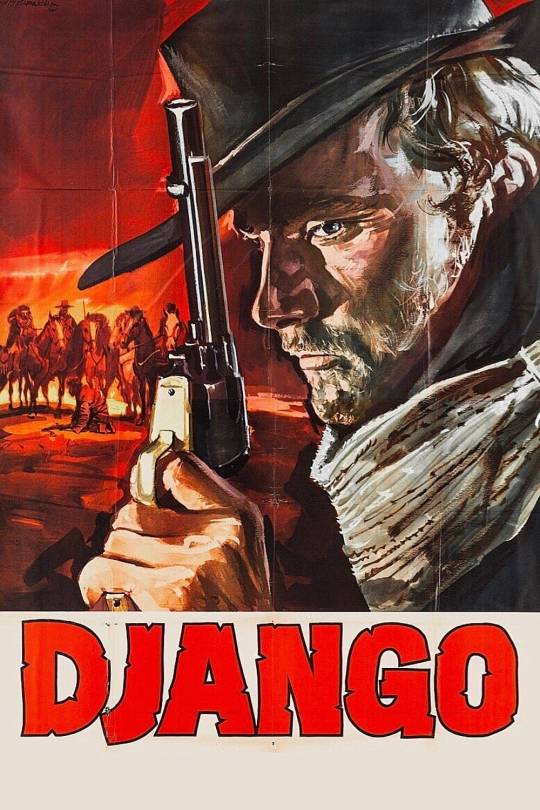
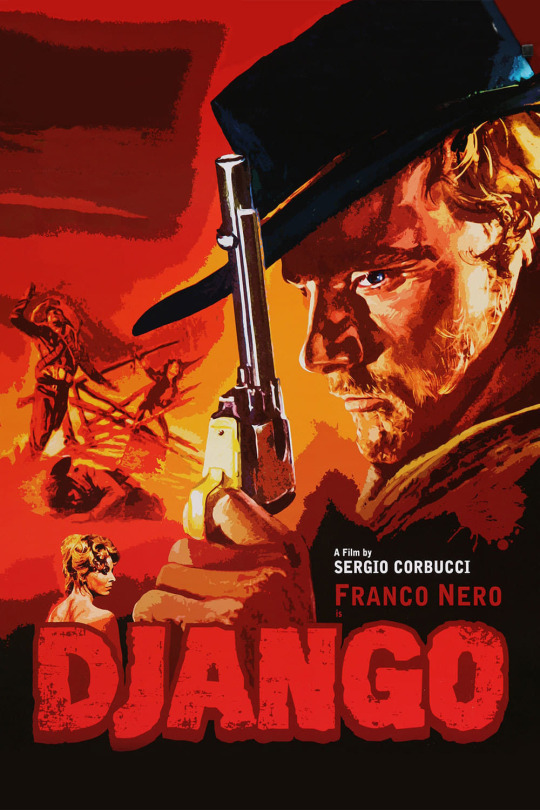
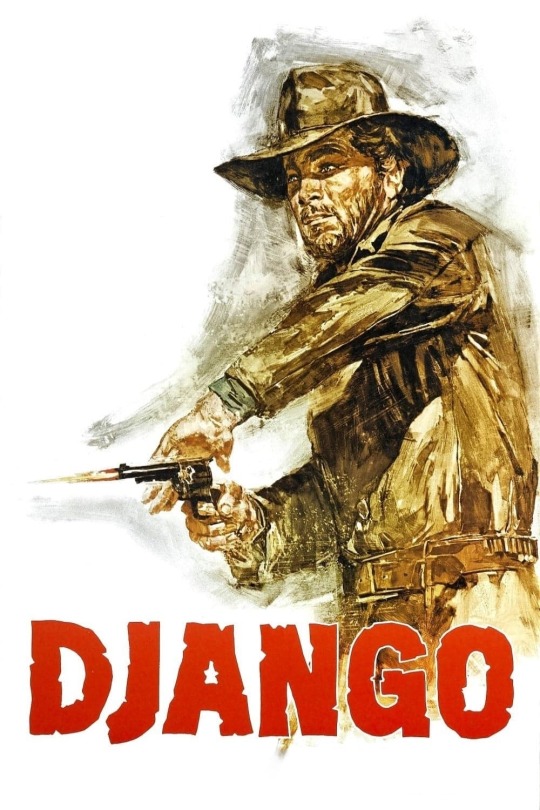
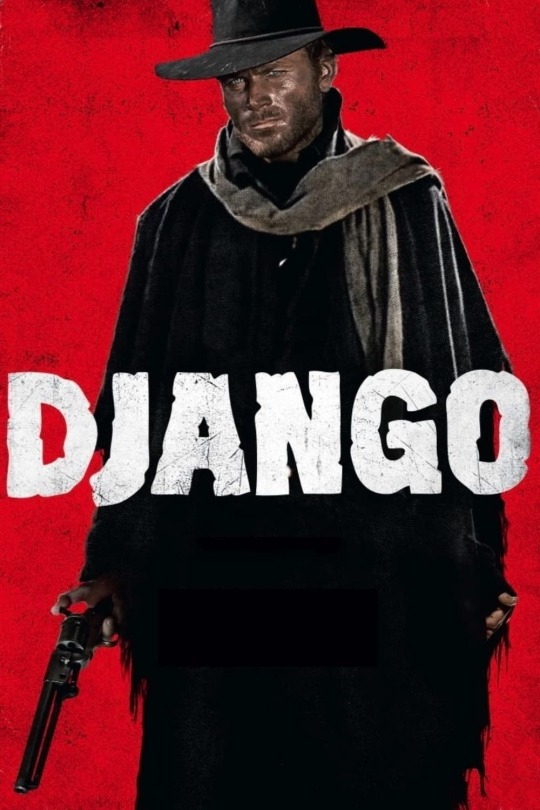
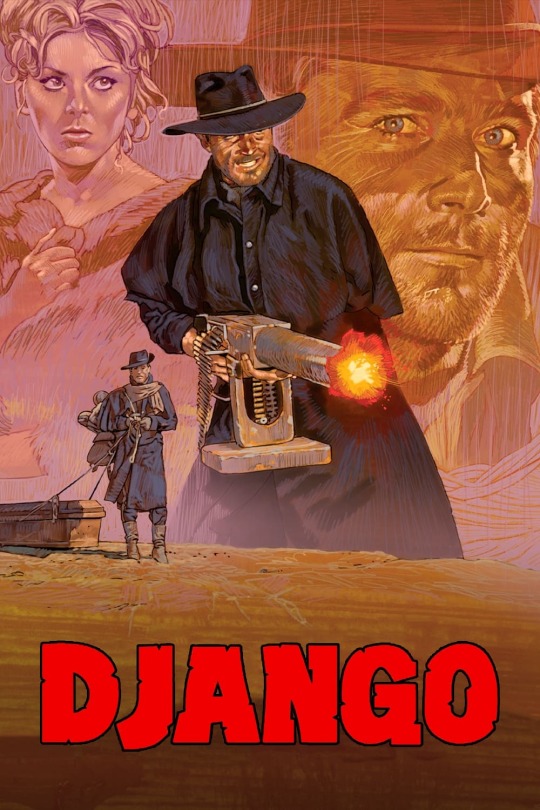
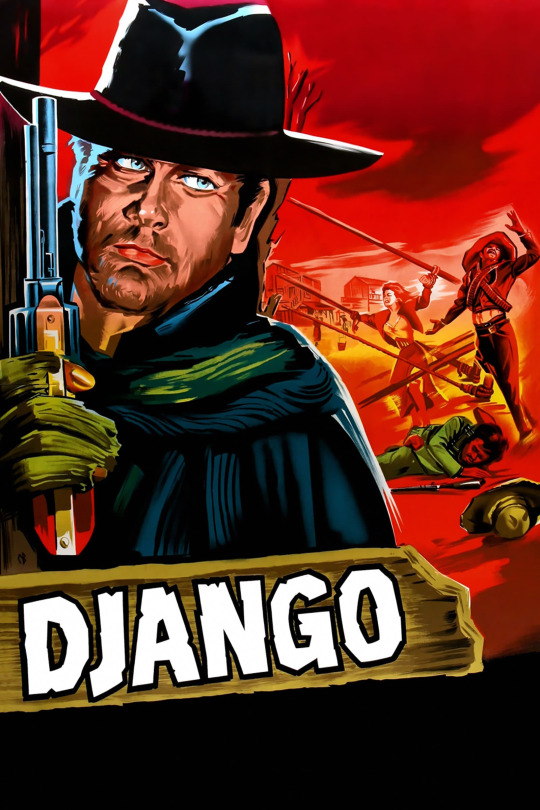
W A T C H I N G
Based on Yojimbo by Akira Kurosawa & Ryūzō Kikushima (both uncredited)
I've seen the movie about 4 times. Now, seeing it with good restoration. First time since my dad died. It's not the same without him to share it with.
My mom has her own interesting takes on it. She's got a retroactive crush on Franco Nero.😅 It's still as good as I remember it.
#DJANGO (1966)#FRANCO NERO#SERGIO CORBUCCI#Loredana Nusciak#José Bódalo#Ángel Álvarez#Eduardo Fajardo#Gino Pernice#SPAGHETTI WESTERN#watching
1 note
·
View note
Text

New-to-me movies seen in 2024: Django (1966)
"You can clean up the mess, now. But don't touch my coffin."
7 notes
·
View notes
Text
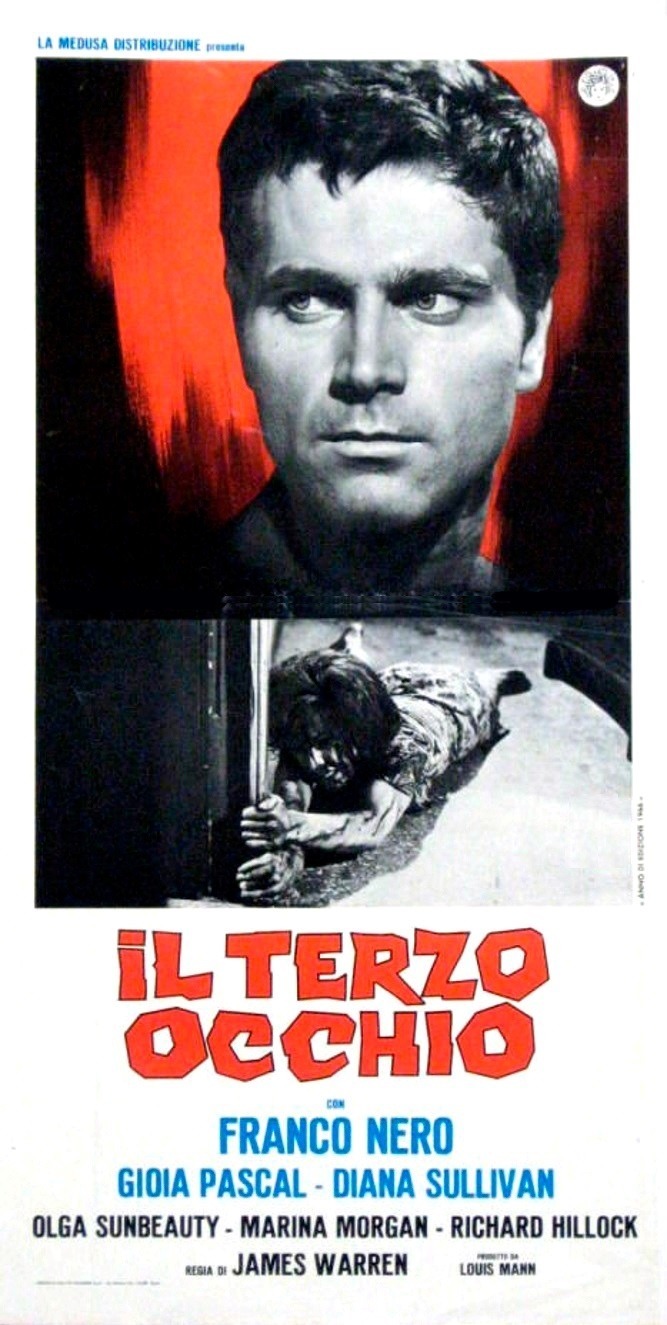

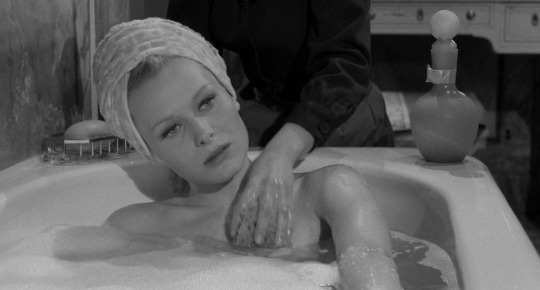
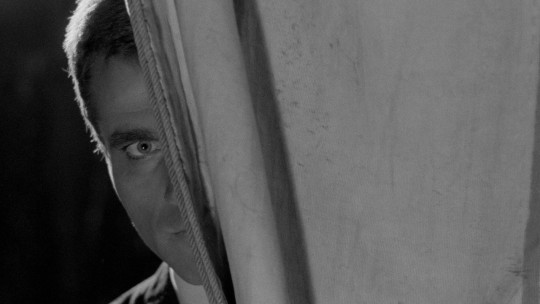

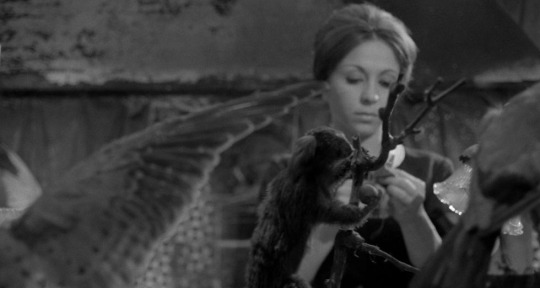
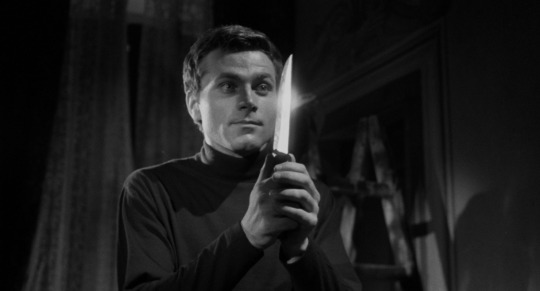
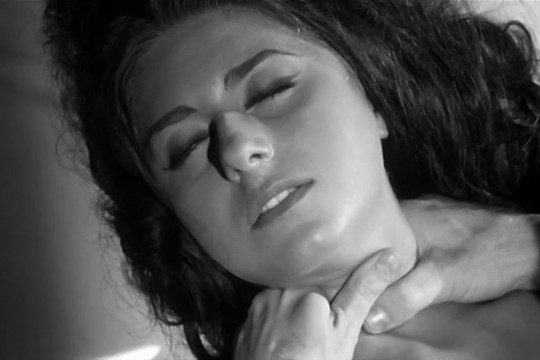
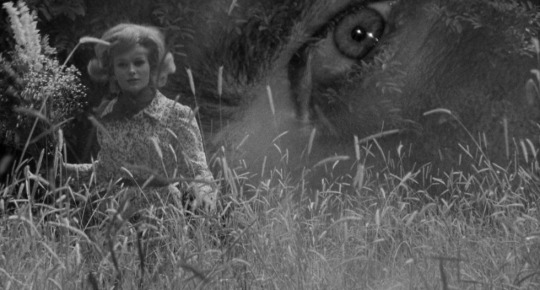

Il terzo occhio (The Third Eye, 1966)
"I'll stay. Under one condition."
"Yes, yes."
"I want to be your wife."
"My wife?"
"You're sick, Mino, and you know it. You also know that you'll never get better. It's pointless deceiving yourself. You'll always be looking for new victims. Only a woman who shares everything with you can understand you and help you. I'll be an understanding wife, for better and - above all - for worse."
#il terzo occhio#the third eye#1966#italian cinema#horror film#mino guerrini#gilles de reys#piero regnoli#franco nero#gioia pascal#erika blanc#olga solbelli#marina morgan#gara granda#richard hillock#luciano foti#francesco de masi#produced and released around the same time as Django but you'd be forgiven for thinking this was a good few years earlier given#how much difference a shave and a tidy haircut make to Franco's visage. queasy italian gothic but feels quite distinct from what the genre#usually offered at this point; the contemporary setting and police chase ending make it feel more blended with poliziotteschi and there's#an interesting (if not entirely thoroughly sculpted) subtext of women's autonomy and the burden of disbelief in terms of gender and class#disparity. mostly tho Franco lookin fiiiiine. remade (unofficially‚ as is the Italian way) in '79 as Buio Omega (Beyond the Darkness) by#Joe D'Amato‚ in a gore soaked excess that trades shadow and tension for nudity and guts. this is the better version I'd wager. heavily#inspired by Psycho‚ right down to the taxidermy birds and the peephole‚ but Franco's unstable mother's boy is a little more shouty#and a little less chilling than Tony Perkins; put it down to the italian blood i guess
1 note
·
View note
Photo
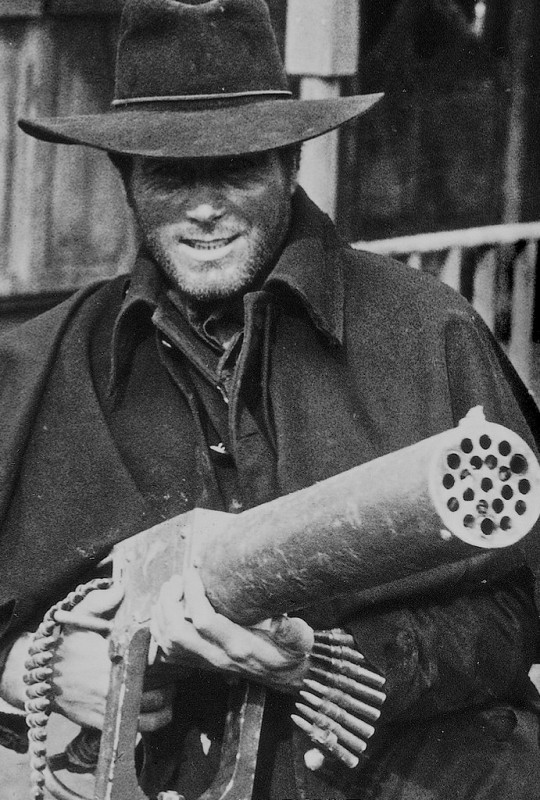
Franco Nero in Django (1966)
206 notes
·
View notes
Text
"YOU SEE THAT IN THE MOVIES?"
In the original release of MGS3, Para-Medic would talk about one of 39 different movies when the game was saved. Two of these were westerns. Copycat Ocelot models himself after the on-screen cowboys that appeared in the movies he was so obsessed with, emulating their shooting styles, dressing in Old West inspired outfits and at one point even adopting a stereotypical twang while speaking English. The concept of his character came about due to Kojima's love of Django (1966). His original design was inspired by the actor, Lee Van Cleef, renowned for his performance in the iconic "Dollars" trilogy. Being able to shoot his beret off during his boss battle in MGS3 is almost certainly a reference to a scene from For A Few Dollars More (1965). That same boss battle has tumbleweeds rolling, dust blowing and the option to engage in a standoff with him. He uses revolvers, engraved and otherwise. His gloves! His spurs! His horse! His moustache! "Draw"! There's so much about him that it doesn't need to be explained - Ocelot is THE cowboy character. The westerns Para-Medic mentions were no doubt chosen with him in mind.
1. A Fistful of Dollars (1964)
Para-Medic: "Snake, have you ever seen 'For a Fistful of Dollars'?"
Snake: "Nope, never."
Para-Medic: "It's a spaghetti western."
Snake: "Spaghetti western?"
Para-Medic "It's really cool. Especially the main character's stylish gunplay."
Snake: "Gunplay..."
Para-Medic: "I saw it in England on the major's recommendation, but it hasn't come out in the States yet. It's so cool! They'll bring it to America, I'm sure. You have to see it sometime."
Snake: "Sure."
This is the first movie in the Dollars trilogy (The third is The Good, The Bad and The Ugly, which is decidedly more popular but its inclusion would've been anachronistic as all the movies featured in MGS3 were released in or before the year 1964). Cultural significance is not the only reason for this selection. The protagonist, The Man With No Name - or "Joe" as he is referred to by the locals - is a drifter and skilled gunfighter who wanders into a small town dominated by two corrupt rival families. Without reciting the entire plot, Joe remains loyal only to himself and exploits both families in order to turn a profit. He assists, endangers and kills people of either allegiance. Making money isn't Ocelot's ultimate goal but he is, of course, infamous for his treachery, suspicious even to characters in the games. Joe is described as being uncomfortably intelligent for a hired grunt, much like Ocelot, whose preferred approach is to act as a simple stooge, feigning ignorance to his bosses, all the while observing and devising schemes to enact his secret plans.
In the end, Joe outsmarts and outlives the two families, having played a role in the downfall of them both. It's important to note that the town sheriff being a member of one of the families does not (in true cowboy fashion) sway Joe's decisions. Ocelot is similar in that he will not bow to authority simply because they wear a badge or have a title. Joe also seems to only trouble the people who "deserve it" - he sees the corrupt families as fair game, but shows no malice towards anyone else. In fact, he takes a risk and goes out of his way to reunite a captive woman with her family, which could be called noble. Ocelot considers himself noble (In MGSV, for example - "Assuming they see [Quiet] as a prisoner here, no, even more so if they do, she deserves to be treated humanely. I always thought our men were a bit more noble-minded".) and although he can be cruel, it seems to be reserved for those who, again, "deserve it", as in, they're already operating in a military environment. Every character Ocelot kills is either a war profiteer, a military operative or is corrupt in some way. In MGSV, he laments the effects of war on civilians and shares Big Boss' sentiment of, "You pick up a gun, and sooner or later you're going to hell". Ocelot describes the Venom Snake project as "a detour on [Venom's] journey to Hell". Venom is a man Ocelot must surely respect for protecting Big Boss but he still recognises him as a soldier. Not to say that Ocelot a good person but he is aware of the harm that he and those he encounters in the military and intelligence spheres inflict by engaging in direct combat and inciting violence through manipulation that results in prolonged conflict. He speaks mournfully about the cycle of vengeance that he and those like him feed into. Still, he finds it fulfilling because that's the life he was prepared for. For him, there is no alternative.
Anyway, Joe also uses a Colt .45 ("the greatest handgun ever made"), even against the main antagonist, who claims that a man with a rifle will always beat a man with a pistol. The antagonist's signature killing style is to aim for the heart, which is what Ocelot does in MGS2. There's also torture in this movie. And a cat.
2. The Magnificent Seven (1960)
Para-Medic: "Snake, have you seen 'The Magnificent Seven'?"
Snake: "Sorry."
Para-Medic: "It's a remake of the Japanese classic, 'The Seven Samurai', only in a western setting. This tiny Mexican village is attacked every year by bandits. Finally, the village elder can't stand it any longer and decides to hire someone to protect the village. Seven gunmen respond to the call. They teach the villagers how to shoot and prepare for the oncoming attack. But then, the enemy shows up at the village with a huge band."
Snake: "Then what happens?"
Para-Medic: "You'll just have to see it for yourself. I don't want to spoil it."
Snake: "...Oh."
Para-Medic: "Movies are only fun when you actually watch them. They're something you have to experience for yourself."
In this movie, the main character, Chris, rounds up six other gunfighters to help protect a farming village that is regularly ravaged by bandits. Major Ocelot is EXTREMELY reminiscent of Chico, the youngest of the seven. After witnessing Chris' impressive skills, Chico is amazed and becomes desperate to be recruited by Chris. As Chris searches for suitable candidates, Chico persists in following the growing gang around, even after becoming infuriated by what he perceives as a ridiculous, childish game (link to scene - the way he flounces off reminds me SO much of the scene where The Boss disassembles Ocelot's gun - "very young and very proud"!). Young Ocelot is just like Chico in that he is an inexperienced, volatile young man who is eager to impress someone he idolises. Snake and Chris both act as older role models who teach the rookies to temper their pride in order to become a better soldier/gunfighter.
This movie script excerpt shows Chico's youthful naivety, as well as the likely reason Ocelot is so fond of westerns:
Chico: "Villages like this, they make up a song about every big thing that happens. Sing them for years."
Chris Adams: "You think it's worth it?"
Chico: "Don't you?"
Chris Adams: "It's only a matter of knowing how to shoot a gun. Nothing big about that."
Chico: "Hey. How can you talk like this? Your gun has got you everything you have. Isn't that true? Hmm? Well, isn't that true?"
Vin: "Yeah, sure. Everything. After a while you can call bartenders and faro dealers by their first name - maybe two hundred of 'em! Rented rooms you live in - five hundred! Meals you eat in hash houses - a thousand! Home - none! Wife - none! Kids... none! Prospects - zero. Suppose I left anything out?"
Chris Adams: "Yeah. Places you're tied down to - none. People with a hold on you - none. Men you step aside for - none."
Lee: "Insults swallowed - none. Enemies - none."
Chris Adams: "No enemies?"
Lee: "Alive."
Chico: "Well. This is the kind of arithmetic I like."
Chris Adams: "Yeah. So did I at your age."
Here, Chico is primarily concerned with the glory of being a gunfighter, whereas the older men who have actually lived that life have a bleaker perspective. Young Ocelot also values his reputation, pridefully reminding the KGB soldiers at Rassvet: "That's Major Ocelot to you - and don't you forget it!"
The arrogance of youth puts Ocelot in danger more than once. Snake spares him after every encounter, explaining to EVA that Ocelot is "still young". Over the radio, Snake says that he doesn't think Ocelot is "any older than 18 or 19", which is younger than his actual age of 20. Snake is 29 in MGS3, whereas Ocelot has only been out of his teenage years for a few months. A nine-year gap at that age is massive in terms of maturity, which is why Snake assumes Ocelot is still just a teenager. In the MGS3 novel, it seems the devious aspect of Ocelot's character is toned down, with more of a focus on how immature he is instead. His youth is mentioned at every opportunity and his admiration for Snake surviving Volgin's torture is described as "naive". Like in the game, his emotions often get the better of him which could be seen as quite childish too, as could the way he looks for guidance and approval (checking his unit are laughing along with him, ditching the engraved revolver because Snake mocked it, etc.). One of his super cool and necessary gun juggling moments is even compared to a traditional Japanese children's game called "otedama" where beanbags are tossed and juggled - a literal child's game. Snake looks on Ocelot as The Boss looks on Snake: young, inexperienced and naive. This relationship connects Snake and Ocelot through The Boss: Ocelot is her biological son, Snake her spiritual son. The Boss was Snake's mentor, and he became Ocelot's.
These lines sum up the most likely reason for Ocelot's love of westerns:
"Places you're tied down to - none. People with a hold on you - none. Men you step aside for - none."
That kind of freedom is probably something that Ocelot, raised to be a tool by the Philosophers, has desired since a very young age. Watching westerns might have inspired some kind of hope that he could have that agency over his life one day, too.
There's also a scene where Chico infiltrates the enemy camp and returns with information, an act he later brags about. Ocelot is too cautious to brag about being a spy but he does have a high opinion of himself (on the surface). Chico makes a speech in the village, ringing a bell to demand everyone's attention, a grandiose display that matches Ocelot's cockiness and dramatic gestures. While alone in the woods, Chico encounters a docile bull and tries to play bullfighter with it ("Toro! Toro! Toro!" It doesn't respond.). He kisses his hand and places it on the bull, transferring the kiss indirectly as a symbol of his harmless intent. It's another example of the light-hearted playfulness that might be expected from a young person. Considering Ocelot's fondness for animals (particularly the markhor) and tendency to be playful, it's not difficult to imagine him acting in the same way.
3. Gunfight At The OK Corral (1957)
Para-Medic: "Hey, Snake. Ever seen Gunfight At The OK Corral?"
Snake: "No, I haven't."
Para-Medic: "It's a color western about a showdown between Wyatt Earp and the Clantons in Tombstone. I was touched by the friendship between Wyatt Earp, the lawman, and Doc Holliday, the man whose life he saved."
Snake: "Was it an American that Wyatt Earp had? I thought it might have been a Peacemaker."
Para-Medic: "What are you talking about?"
Snake: "Nothing. I was just thinking about the Single Action Army Ocelot-"
Para-Medic: "Snake. He's not Kirk Douglas."
Snake: "I know that."
This movie was only added to the 3DS version of MGS3 in 2012, so the main MGS story had already come to an end four years earlier in MGS4. Ocelot's life was over and his motivations were clear. As EVA says: he idolised Big Boss.
In this call, Para-Medic says to Snake, "[Ocelot's] not Kirk Douglas." Kirk Douglas plays Doc Holliday, making Snake Wyatt Earp. These are real-life historical figures but the following is solely based on the depictions of them in this movie.
Wyatt Earp is a virtuous lawman who crosses paths with crooked (but strangely refined) gambler, gunfighter and former dentist, Doc Holliday. Through circumstance and debt, they save each other's lives and develop a familiarity with other. Their friendship is unusual considering they operate on either side of the law. Similarly, Snake and Ocelot form a bond despite their opposing allegiances. Snake spares Ocelot's life multiple times and also saves him from falling debris during the motorcycle chase in MGS3. In the novel, Ocelot concludes that every instance of him and Snake evading death at each other's hands is fate. In the game, the only time Ocelot is "allowed" to shoot Snake is when his gun is loaded with a blank.
Doc becomes somewhat distracted by Earp, even to the point of arousing jealousy in his former brothel worker girlfriend. Both she and Doc are broadly considered to be socially undesirable. He tells her plainly that people like them "haven't mattered since the day [they] were born". Doc also expresses indifference when warned that he might be killed if he confronts another character (played by Lee Van Cleef!) who is hostile to him:
Bartender: "You act as if you want to get killed."
Doc Holliday: "Maybe I do."
He later tells Earp he would prefer to die in a gunfight rather than waste away "little by little".
Ocelot was always thrilled by combat. He refused to shuffle off and succumb to illness or allow old age to snuff him out. He found fulfilment in the brutal fistfight immediately before his death at age 70. It held great meaning for him to fight with an opponent he respected in the image of an aged Big Boss.
Like Doc Holliday, Ocelot holds himself in low regard, which is referenced in the MGS4 novel with the line about his "insignificant personality" and he certainly believes himself to be disposable given the damage he voluntarily inflicts on his mind. Ocelot does not value himself as an individual and instead lives his life devoted to Big Boss and his ideals.
Doc repeatedly refers to Earl as "preacher" which is again reminiscent of the relationship between Ocelot and Snake. Before Operation Snake Eater, Snake idolised his mentor, The Boss, who became elevated to something of a sacred figure after her death. Snake is The Boss' spiritual successor and acts as Ocelot's mentor. Ocelot respects and reveres him, and in MGSV, helps to further cement Big Boss as a battlefield legend, granting him an almost supernatural status akin to The Boss'. In the Japanese script for MGS3, Snake's initial advice to Ocelot is described as "preaching" and Para-Medic later calls it a "sermon".
Until that moment at Rassvet, Ocelot obeyed but likely didn't respect many people in his life. The Philosophers, who abducted him as a baby, raised him as a tool to carry out their orders. As a teenager, he is stationed at Groznyj Grad where his only role model is the sadistic Colonel Volgin, who rules his men with fear. Ocelot has never been allowed input into the direction of his life. He has never known his parents, never had stability and is obsessed with westerns, indicating that he longs for freedom. Snake encouraging him to use revolvers is hugely significant for Ocelot. Snake's advice to switch from modern standard gear to an outdated weapon is actually a recognition of Ocelot as an individual, something that he has likely never experienced. As a child of the Philosophers, he has been trained since birth to deceive and suppress his true emotions in order to make him a more effective spy. The revolver suits Ocelot's style and brings him genuine fulfilment, even though it's tactically obsolete. He was already wearing spurs at Rassvet and was able to procure at least three revolvers within a week. If he was interested in westerns and had easy access to revolvers, the fact that he wasn't suggests that he was suppressing part of his individuality. Ocelot looks up to Snake as a guiding figure after this.
Eventually, Doc falls deathly ill and becomes bedbound. Miserable in his weakened state, he learns that Earp's brother has been killed. On the day of the fight, he becomes invigorated and by sheer force of will, sets out to join Earp and his other brothers in avenging their sibling. He says, "If I'm going to die, at least let me die with the only friend I ever had."
Ocelot constantly risked his life for Big Boss and eventually died for him after the distinct impact of his words in 1964. He pushed the young Ocelot towards true freedom and helped him shape what little personal identity he had. He irreversibly changed the course of his life. No other person or organisation could ever do what Big Boss did for Ocelot and so were undeserving of his loyalty. Doc fighting alongside the Earp brothers is indicative of his relationship with Wyatt being so strong that it approaches the familal. Ocelot is first introduced in MGS1 as one of the "Sons of Big Boss" and then, after grafting Liquid Snake's forearm onto his elbow, can be partially described as a literal "son", which is explained in the MGS4 novel:
"He had been born an ocelot but was now—even if only in fiction—a
snake.
That might have been what he had always desired—to be the son of
the warrior whom he respected more than anyone else."
The dynamic between Wyatt Earp and Doc Holliday is similar to Snake and Ocelot in that their friendship is unexpected, strong and has elements of admiration and devotion. Earp is dedicated to his duty and inspires a loyalty in the notoriously devious Doc after displaying genuine decency and treating him fairly despite his reputation, a decision criticised by other characters. Snake plays a similar role for Ocelot throughout MGS3, where he consistently shows strength of character, skill and devotion to duty, even in extreme circumstances. Snake is also able to see past any prejudice he might be expected to have towards Ocelot as an enemy operative and reaches him on a personal level. Their budding friendship, like Wyatt Earp and Doc Holliday's, is questioned by their respective associates and colleagues.
Doc's character shares multiple traits with the many iterations of Ocelot as he appears across the series: he is refined, duplicitous, cynical, a loner and a remarkable gunfighter. Wyatt Earp also says this to him:
"I hear you did some pretty fancy shooting, Doc."
The influence of all three westerns mentioned in MGS3 on Ocelot's character is clear: A Fistful of Dollars typified the shrewd cunning he is known for; The Magnificent Seven demonstrated his youthful pride and idolisation; and Gunfight At The OK Corral evoked the strong friendship and devotion that defined his life.
#metal gear solid#mgs#revolver ocelot#writing#these are all essential viewing for aspiring ocelot understanders
85 notes
·
View notes

